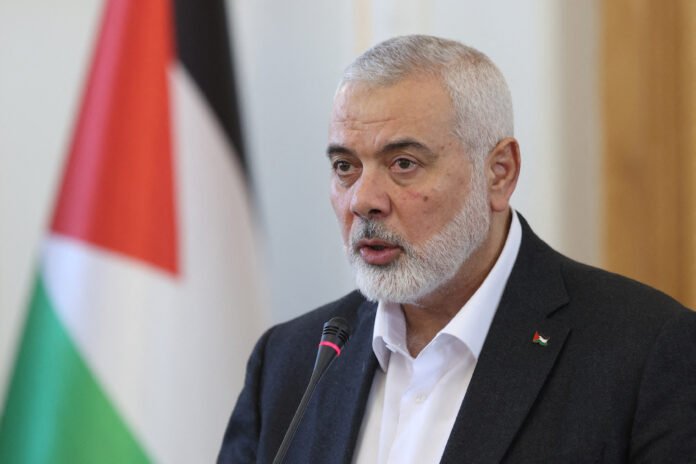They already volatile Middle East saw its tensions rise further as Iran vowed severe repercussions against Israel after the assassination of Hamas leader Ismail Haniyeh. The assassination, reportedly carried out via a bomb smuggled into a guesthouse in Tehran, has sparked a flurry of accusations, threats, and heightened military alertness in the region. This incident underscores the fragile and dangerous dynamics between Iran and Israel, which have been marked by decades of animosity and indirect confrontations.
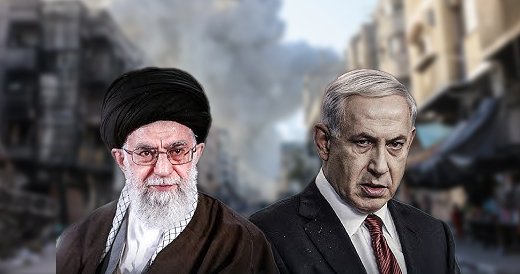
The Assassination of Ismail Haniyeh
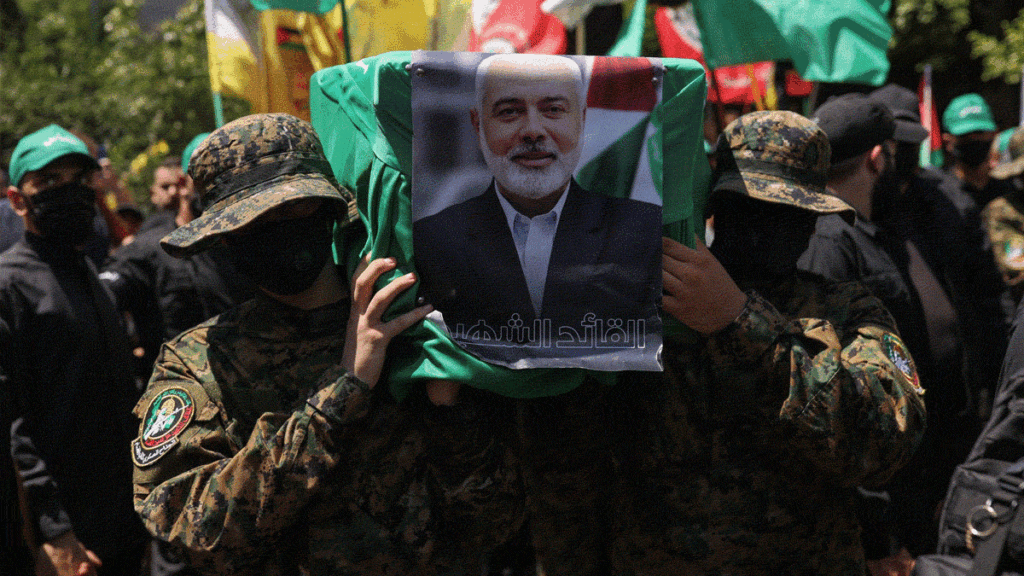
Ismail Haniyeh, a prominent figure within the Palestinian militant group Hamas, was reportedly killed by a bomb that was smuggled into a Tehran guesthouse. Due to his leadership in Hamas, an organization that is deemed a terrorist group by Israel, the US, and the EU, as well as his participation in planning attacks against Israel, Haniyeh had long been a prominent target.
According to initial reports, the assassination was executed with precision, indicating a high level of planning and intelligence. The method used—a bomb hidden in what was supposed to be a secure location in Tehran—suggests the involvement of a sophisticated intelligence operation, which Iran has squarely blamed on Israel’s Mossad.
Iran’s Response
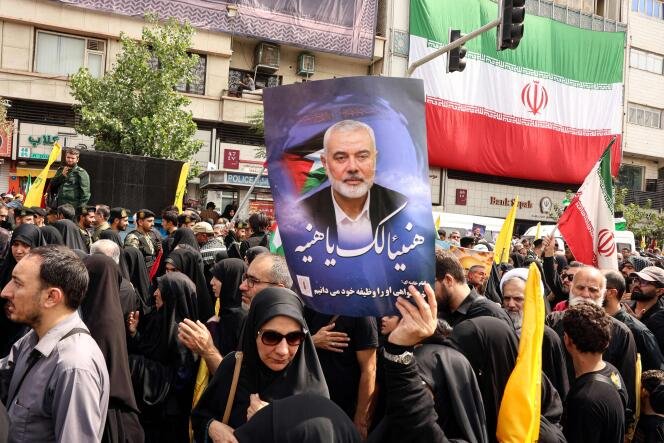
Iran’s response to the assassination has been swift and severe. Iranian politicians, such as President Ebrahim Raisi, have promised to punish those involved with “harsh punishment”. The Iranian government has accused Israel of state terrorism and has called on the international community to condemn the assassination.
In a statement, President Raisi said, “This cowardly assassination will not go unpunished. We will pursue those responsible with all the power at our disposal.” This rhetoric has been accompanied by an increase in military readiness across Iran, with the Iranian Revolutionary Guard Corps (IRGC) reportedly put on high alert.
Israel’s Stance
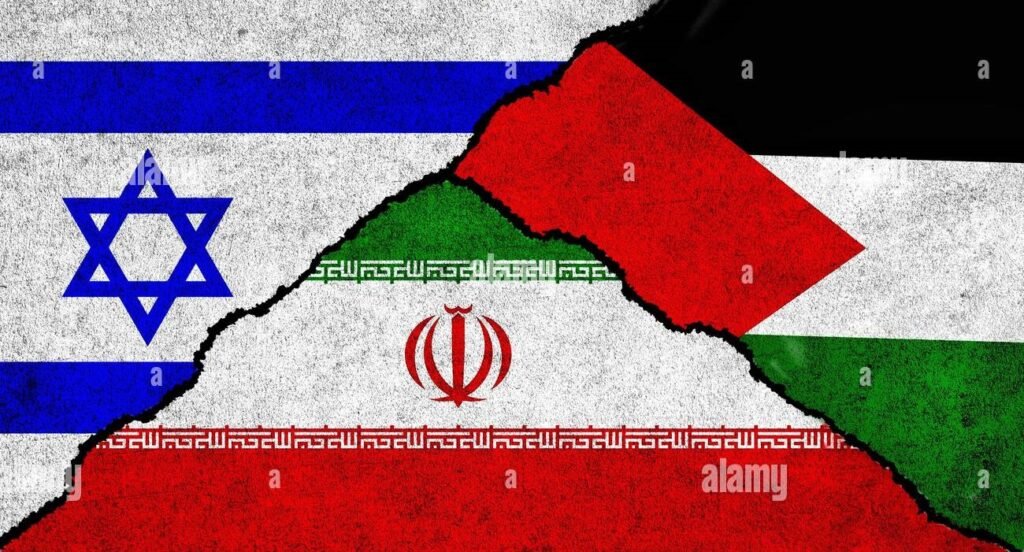
While Israel has not officially confirmed its involvement in the assassination, such operations are consistent with the tactics historically attributed to Mossad. Israel has a long-standing policy of targeting high-profile leaders of groups it considers terrorist organizations. The Israeli government has maintained its stance on self-defence, arguing that preemptive strikes are necessary to protect its citizens from imminent threats.
Without specifically addressing the incident, Israeli Prime Minister Benjamin Netanyahu reaffirmed Israel’s determination to protect itself from hostile acts. “We will continue to act against those who seek our destruction,” Netanyahu stated, reflecting Israel’s broader security doctrine.
Regional Implications
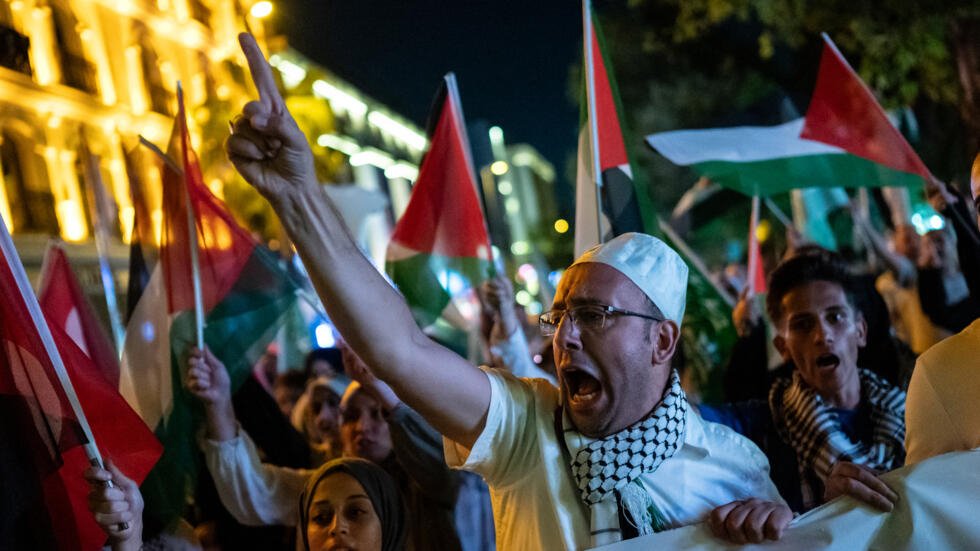
They already strained relationship between Iran and Israel has been further exacerbated by the incident. Both countries have engaged in a shadow war for years, involving cyber-attacks, targeted killings, and proxy battles across the Middle East. This latest incident is likely to exacerbate these covert hostilities, with potential spillover effects in neighbouring countries.
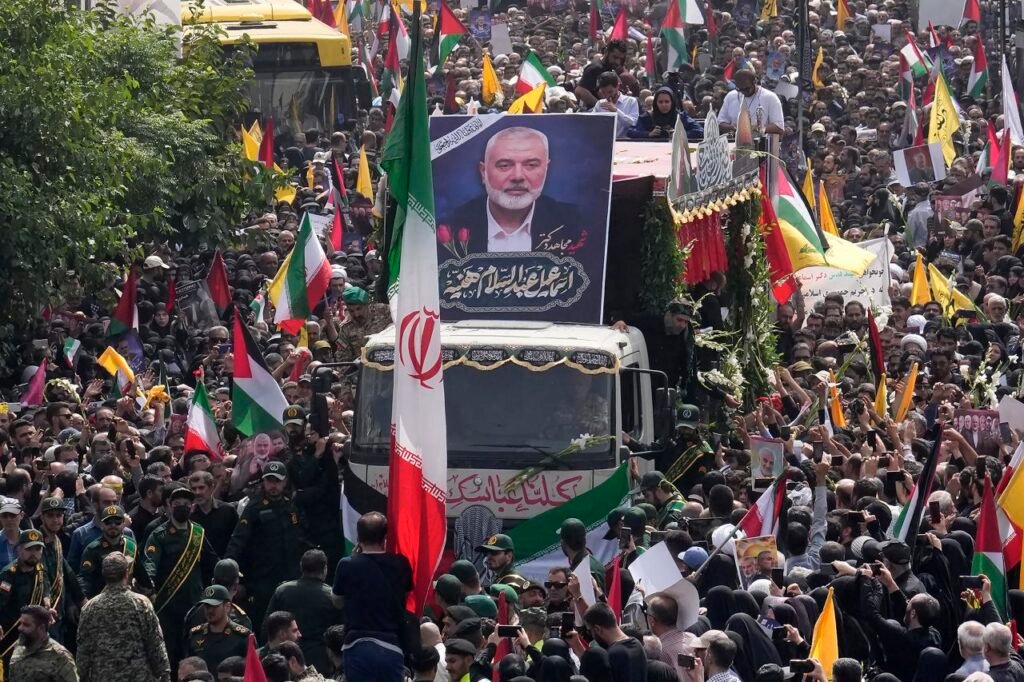
In Gaza, where Hamas enjoys significant support, the assassination of Haniyeh has provoked outrage. Demonstrations have erupted, condemning both Israel and what is perceived as international inaction. Hamas has vowed to retaliate, further raising the specter of violence in the region.
International Reaction

In response, the world community has expressed both worry and urged moderation. The United Nations has urged both Iran and Israel to avoid further escalation and to engage in dialogue to resolve their differences. However, given the historical context and deep-seated hostilities, such calls are unlikely to be heeded in the short term.
A vital ally of Israel, the United States, has found itself in a precarious situation. While it supports Israel’s right to self-defence, it also seeks to avoid a broader regional conflict that could destabilize global oil markets and draw in other powers. The U.S. State Department has called for “calm and de-escalation,” emphasizing the need for diplomatic solutions.
Wrapping Up
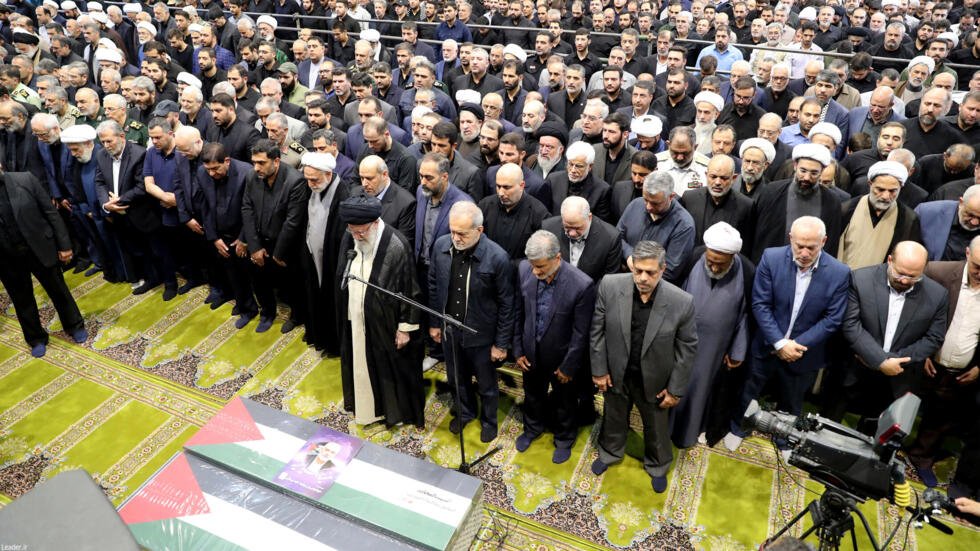
Ismail Haniyeh’s murder serves as a sobering reminder of the complicated and continuous war between Israel and Iran. It highlights the lengths to which both nations will go to pursue their strategic objectives and the potential for such actions to trigger broader regional instability. As Iran vows harsh punishment and Israel remains on alert, the international community watches closely, hoping to prevent further escalation in a region already fraught with tension and conflict.

